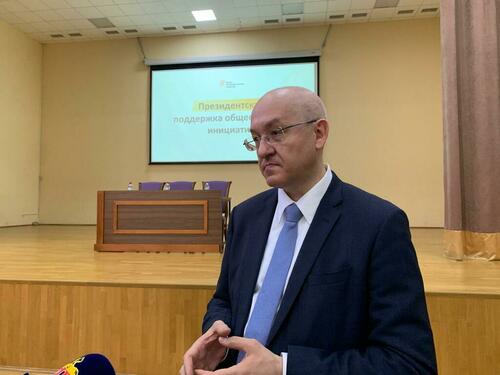The State Security Committee of the Republic blames the official authorities of the Tbilisi regime for increasing tension.
Last night, South Ossetian border guards recorded an attempt to infiltrate an intelligence group of one of the Georgian security forces on the territory of South Ossetia, the press service of the State Security Committee of the Republic said.
"Today at 4 a.m., KGB border service officers recorded an attempt to penetrate an intelligence group of the Georgian power structures of 4-5 people into the territory of South Ossetia. At night, this group moved out of the height area located east of the village of Chorchan (Georgia) and tried to secretly approach to the borders of the state border of the Republic in the area of the settlement of Uista (Tsnelis),” the press service said.
According to the KGB, Georgian servicemen who violated the state border of South Ossetia got to the signal barriers that worked, found their location and forced them to urgently retreat south towards Georgia.
In addition, on Friday afternoon, an attempt was made to reconnoiter a section of the state border in the area of the village of Uista (Tsnelis) from Georgia using a quadrocopter.
The State Security Committee of South Ossetia said that the Georgian side continues to take actions leading to an increase in military danger in the region, and creates a real threat of direct clashes.
“The KGB believes that the leadership of the Georgian security forces, by ordering the nomination of armed groups in sectors directly affected by South Ossetian units, poses a real threat of direct clashes, with a possible escalation of the conflict,” the KGB notes.
It is noteworthy that the night tactical combat activity of the Georgian special forces is out of sight of the EU Observer Mission and the OSCE Mission in Georgia, as well as the general Georgian and international community.
In this regard, given the tragic experience of the state terrorism policy pursued by Georgia against South Ossetia in 2004-2008, the circumstances of the “five-day war” of August 2008, the facts of the participation of Georgian citizens in the hostilities on the side of the international terrorist movement in Syria, as well as Georgia’s refusal to sign the “Agreement on the non-use of force or the threat of its use”, the State Security Committee of the Republic blames the official authorities of the Tbilisi regime for all the tension.







